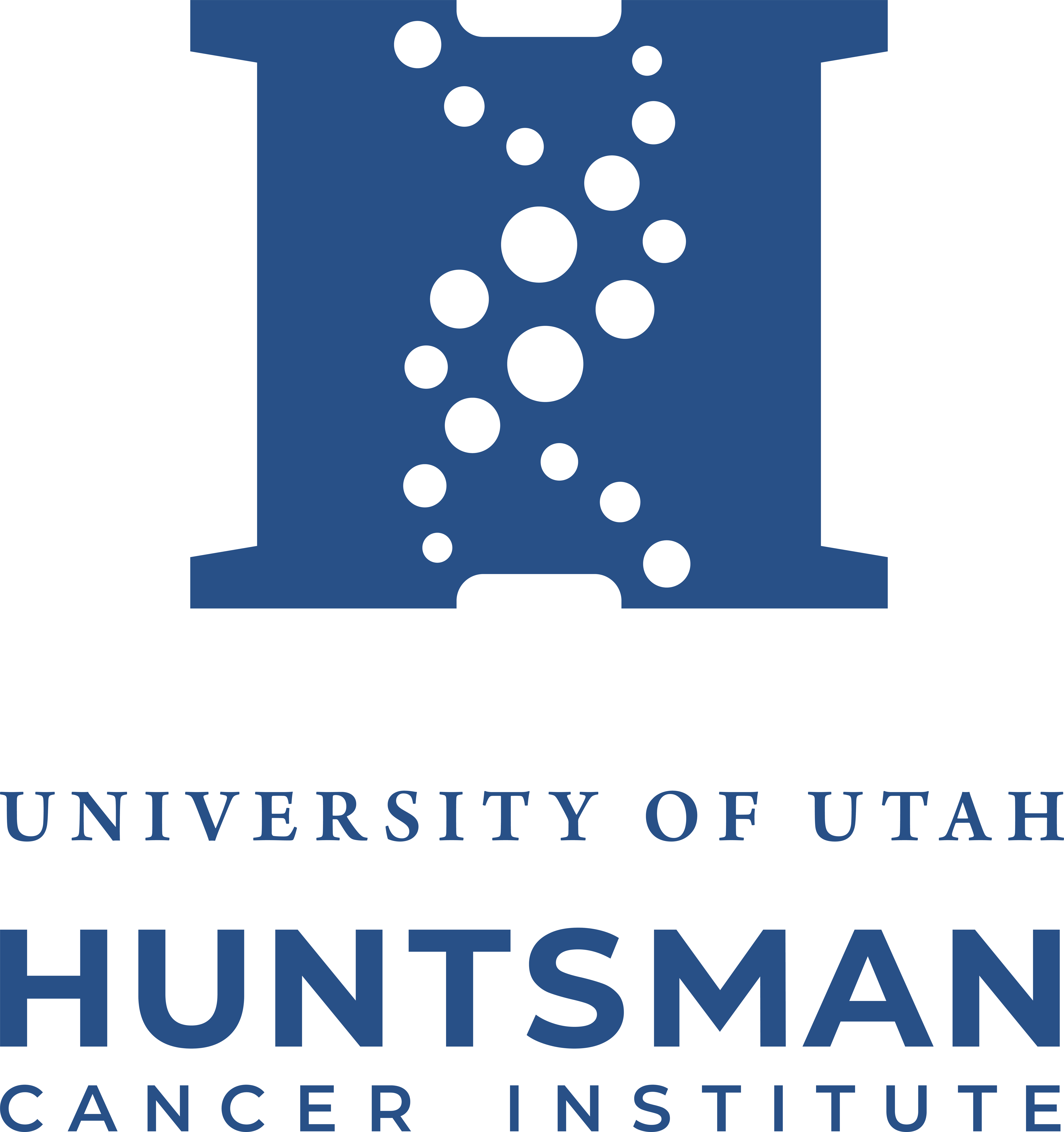
Maughan Spotlights Ways to Reengage the Immune System and Debulking Approaches in RCC

Benjamin L. Maughan, MD, PharmD, highlights ongoing research regarding the role of cytoreductive nephrectomy and targeted therapies in RCC.
Further evaluating cytoreductive nephrectomy and debulking approaches for certain patient populations with renal cell carcinoma (RCC) and examining targeted approaches are key next steps in the RCC field, according to Benjamin L. Maughan, MD, PharmD.
“Debulking [must be thought of] in terms of clear cell kidney cancer and non–clear cell kidney cancer,” Maughan explained in an interview with OncLive®. He also noted that “[HIF2α] is a very interesting, exciting target especially for clear cell kidney cancer and [it] may also be applicable for [certain] non–clear cell histologies.”
Maughan added that as HIF2α remains a target of interest in RCC, data presented on the small molecular HIF2α inhibitor DFF332 drew attention at the
In the interview, Maughan, an assistant professor in the Division of Medical Oncology at Huntsman Cancer Institute in Salt Lake City, Utah, highlighted how investigations are seeking to elucidate the role of cytoreductive nephrectomy further and detailed ongoing research with targeted therapies in RCC.
OncLive: What recent data on targeted therapies could help push the RCC space forward?
Maughan: One concept [is] what to do for the immuno-oncology [IO] refractory disease setting—very interesting abstracts were presented at ASCO 2024 on not just how we can reengage the immune system, but also on how we can pivot in those patients and ask, ‘Are there any targeted therapies or completely different approaches that may be effective?’
A very promising target is HIF2α and currently there’s 1 FDA-approved therapy in this space, belzutifan [Welireg], but there are several other specific molecules that are being explored. I wouldn’t be surprised if we start seeing second-generation HIF2α inhibitors or novel combinations that may be effective.
For instance, one interesting abstract presented at ASCO 2024 was a study led by Sumanta Kumar Pal, MD, FASCO, of City of Hope. [The phase 1/1b study (NCT04895748) Dr Pal presented] looked at a novel HIF2α inhibitor DFF332. There are some other HIF2α inhibitors that are currently [under evaluation] in ongoing research, so it is clearly an important target especially for patients with IO-refractory disease.
When would you consider debulking or cytoreductive nephrectomy for patients with RCC?
In clear cell disease, the biggest debate that’s ongoing right now [with] debulking is in 1 of 2 arenas. For patients who have oligometastatic disease, there are some very clear guidelines about how to approach that, particularly in patients who have IMDC favorable-risk disease. There are very good data demonstrating that debulking or doing metastasis-directed therapy can be a very effective way to prolong progression-free survival to have an extended systemic treatment-free survival interval without compromising overall survival [outcomes].
The other major area where a lot of data and debate [exists surrounds] the role of cytoreductive nephrectomy for patients. There are a lot of nuances to that discussion, and it’s best had during a tumor board, but patients with more favorable-risk disease tend to [experience] benefit from cytoreductive nephrectomy. [One] important, ongoing clinical trial is the phase 3 PROBE study [NCT04510597] which is important because it’s [examining] cytoreductive nephrectomy [in combination with] contemporary intensified combination therapies [vs an immunotherapy-based combination alone].
[With] the variant or non–clear cell histologies, [considering debulking] depends on the specific disease. For some diseases, there’s better data; for example, [with] renal medullary carcinoma there are more data about the value of debulking compared with other cancers. But there’s very little grade 1 evidence for any of these [non–clear cell diseases] and [therefore, these discussions are] best had in the context of a tumor board.
How are the toxicities resulting from treatment with immune checkpoint inhibitors being handled in practice?
IO toxicities [and] the autoimmune toxicities, whether they’re early or late onset, are generally treated the same for checkpoint inhibitors. In clinical trials we’re starting to explore cellular therapies in kidney cancer, but at the present time the only FDA-approved options for any type of kidney cancer are checkpoint inhibitors targeting either CTLA-4 or PD-1/PD-L1. The way that we approach these adverse effects whether they’re early onset or late, is the same. If it’s a lower grade and less severe reaction, then typically we withhold the treatment and perhaps start steroids. If it’s a more severe life-threatening type of toxicity, then oftentimes a combination of steroids plus something else is considered; for instance, a common combination for autoimmune colitis would be steroids plus vedolizumab [Entyvio], although other combinations can be considered as well.
For a lot of neurologic toxicities, I would consider steroids plus plasma exchange therapy, cyclophosphamide [Cytoxan], or other [agents in] combinations, but the principle is more severe [adverse effects are managed] oftentimes with combinations. [For] less severe [toxicities], you start with steroids, see if that’s sufficient, and if you’re having a difficult time weaning [patients off] the steroids or if [patients are] refractory to steroids, then you subsequently layer on additional immune suppression afterwards. The 1 exception to that is endocrinopathies; if someone has autoimmune thyroiditis or adrenal insufficiency, usually those are permanent consequences whether you treat the inflammation or not. Therefore, usually we continue to treat through them—[if] someone’s having a toxicity, you continue to give the checkpoint inhibitor, and then work on replacing the hormones that are now insufficiently produced.
Reference
Pal SK, Tannir NM, Grell P, et al. Preliminary safety, pharmacokinetics and clinical activity of DFF332, an oral HIF2α inhibitor, as monotherapy in a phase 1 dose escalation study in patients with advanced clear cell renal cell carcinoma. J Clin Oncol. 2024;42(suppl 16):4513. doi:10.12






































